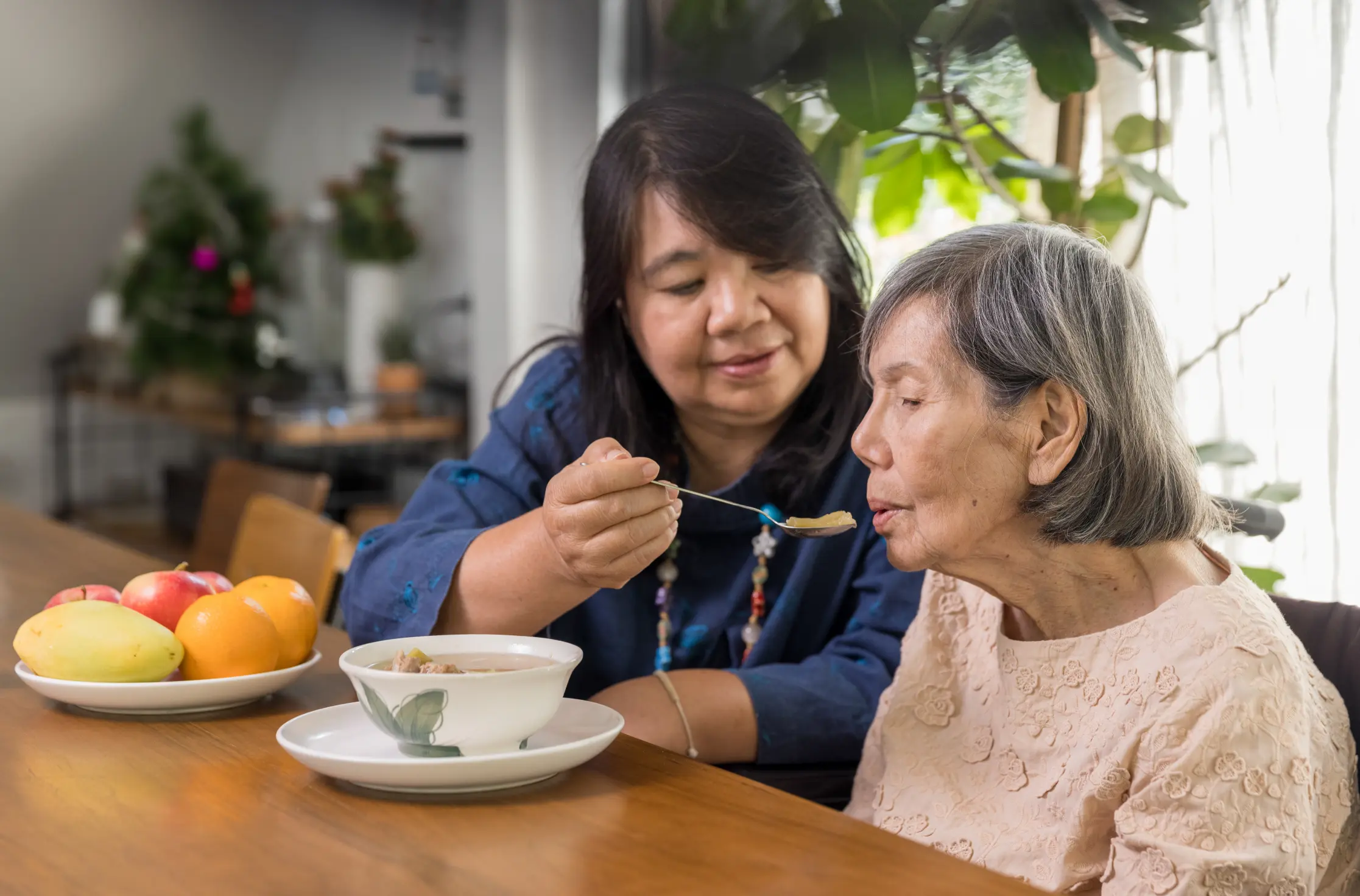Essential Caregiver Resources and Support for Aging Parents
Essential Caregiver Resources and Support for Aging Parents

Navigating Aging and Immunization
August is National Immunization Awareness Month, highlighting the critical role of vaccinations in maintaining health, particularly for aging parents. Ensuring that elderly loved ones are up-to-date on their immunizations is essential to safeguard their health and quality of life. Alongside immunization, practical caregiving strategies are crucial in providing comprehensive support for your aging parents.
Help with Aging Parents: Practical Tips
Respect Their Independence
 Allow your parents to guide you on how and when they want assistance. Instead of immediately taking over tasks, consider doing them together. This approach helps preserve their sense of independence and involvement in daily activities. Encouraging them to maintain their autonomy fosters a respectful and supportive caregiving environment.
Allow your parents to guide you on how and when they want assistance. Instead of immediately taking over tasks, consider doing them together. This approach helps preserve their sense of independence and involvement in daily activities. Encouraging them to maintain their autonomy fosters a respectful and supportive caregiving environment.
It’s common for older adults to struggle with asking for help. Observe their behavior and listen to their needs. If they seem frustrated with a particular task, gently offer your assistance. Sometimes, parents may have unrealistic expectations about their capabilities. If necessary, have a respectful discussion about these concerns and consider involving a third party, such as their doctor, to facilitate acceptance of help.
Empathize and Respect Their Experience
Transitioning from being cared for to caring for others can be challenging. Reflect on how aging impacts their health, mobility, and independence. As your parents age, they may require more support, which can be a difficult adjustment for both sides. Approach this transition with empathy, understanding that it’s a significant change for them.
Always treat your parents with respect, regardless of how much help they require. They deserve to retain their dignity and autonomy. If they can perform tasks themselves, even if it takes longer, let them. Include them in decision-making processes to ensure they see you as a partner rather than someone who imposes changes.
Ensure Home Safety
Preventing Accidents
Falls are a leading cause of injury among older adults. According to the CDC, falls are the primary cause of injury deaths for those aged 65 and older, with many occurring at home. Aging often leads to reduced vision and mobility, making everyday hazards more dangerous. Take proactive steps to make their living environment safer:
- Ensure clear pathways and remove or secure throw rugs.
- Check that handrails are sturdy and install additional handrails on both sides of stairs.
- Ensure bright, accessible lighting in every room.
- Install grab bars in the bathroom to prevent slips.
For those with Alzheimer’s or dementia, additional precautions are necessary. Secure hazardous materials, remove stove knobs, and consider door locks or alarms to prevent wandering.
Set Up a Safety Net
Minimize intrusions into their routine while supporting their safety. Medical alert bracelets can offer peace of mind, and assistive devices can help them maintain independence. Utilize resources such as CAN’s medication checklist to help manage their medication effectively.
Encourage Physical Activity
Fighting Isolation and Decline
 Aging often brings isolation due to factors like loss of mobility, retirement, or bereavement. Isolation and inactivity can lead to severe physical and mental health issues, including high blood pressure, heart disease, anxiety, depression, and cognitive decline. According to the National Institute on Aging, maintaining physical activity is crucial for preserving independence and overall health. Encourage your parents to exercise regularly, whether through community classes, walking groups, or other social activities.
Aging often brings isolation due to factors like loss of mobility, retirement, or bereavement. Isolation and inactivity can lead to severe physical and mental health issues, including high blood pressure, heart disease, anxiety, depression, and cognitive decline. According to the National Institute on Aging, maintaining physical activity is crucial for preserving independence and overall health. Encourage your parents to exercise regularly, whether through community classes, walking groups, or other social activities.
Organize a Family Meeting
Collaborative Care Planning
A family meeting is essential for coordinating caregiving responsibilities and addressing any issues. It’s an opportunity for each family member to discuss their role and share information about your parents’ needs. This collaborative approach helps distribute the caregiving load and ensures that everyone is informed about available options and services.
Evaluate Financial Needs
Understanding Costs and Assistance
Caregiving can be financially demanding. Assess your parents’ medical needs, living expenses, and other costs to determine their financial situation. Understanding their financial capacity can help you plan for potential costs and seek financial assistance if necessary. Consult with an elder law attorney or financial planner to explore options like Medicaid or other support programs.
Address Sensitive Topics Early
Planning and Documentation
Having difficult but necessary conversations early can prevent future conflicts. Discuss your parents’ end-of-life wishes and document them in advance directives, such as a living will and healthcare power of attorney. This planning ensures their medical care preferences are honored and can provide clarity for all family members.
Caregiver Resources for Aging Parents
Care Chats
CAN offers a private Caregiver’s Facebook Group focusing on caregiving aspects while providing valuable support and resources for caregivers.
Caregiver Help Desk
CAN’s Caregiver Help Desk offers nationwide support to family caregivers. Staffed by experts, it assists in navigating caregiving challenges. Reach out via phone at 855-227-3640 or online chat Monday through Friday, 8:00 AM – 7:00 PM ET.
Support Agencies and Organizations
Explore online and in-person resources through CAN’s Agencies and Organizations list for trusted support agencies.



